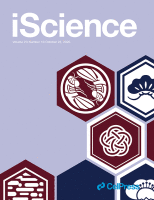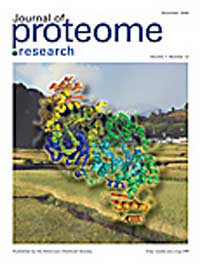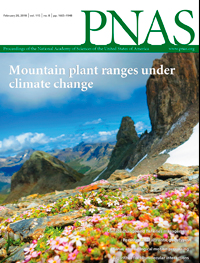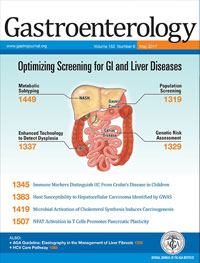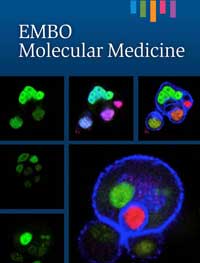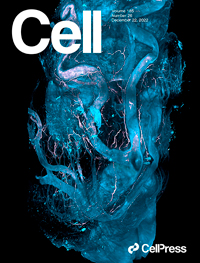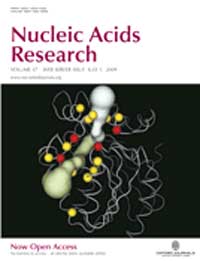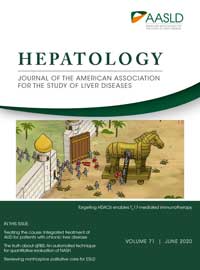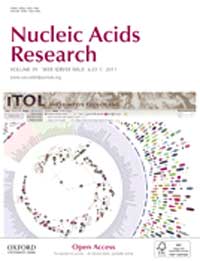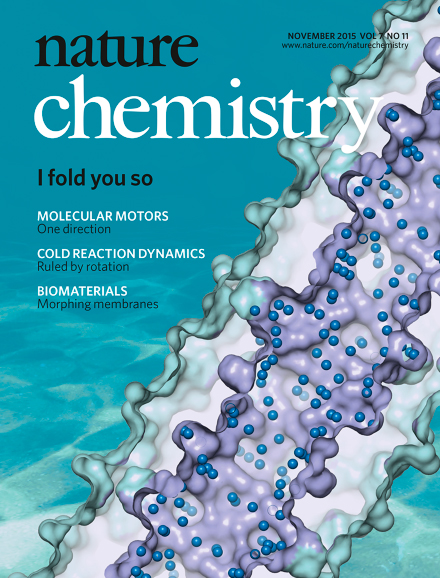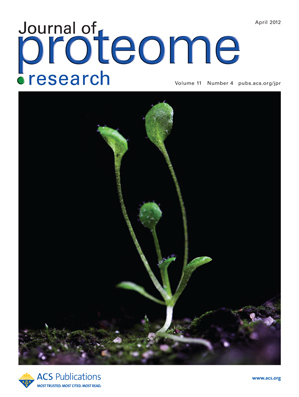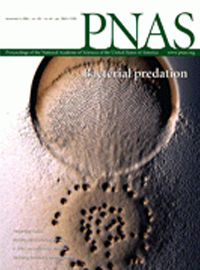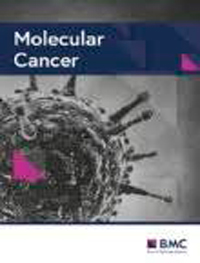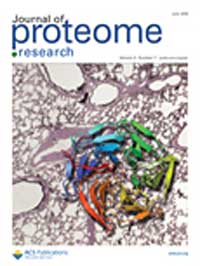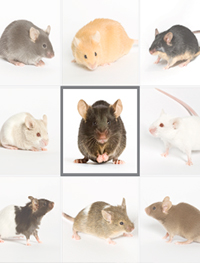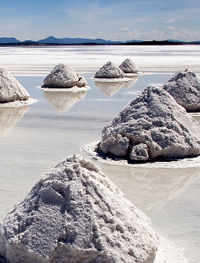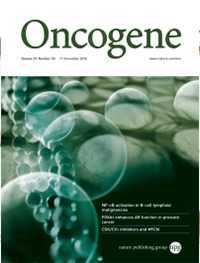Most Cited Articles
Most Cited Articles
Original Article with more than 100 citations where CIC bioGUNE group leader appears
as senior researcher and/or corresponding author. Listed as number of citation per year based on Web of Science database.
SARS-CoV-2 Infection Dysregulates the Metabolomic and Lipidomic Profiles of Serum
Óscar Millet
The lipidomic analysis unraveled a pathogenic redistribution of the lipoprotein particle size and composition to increase the atherosclerotic risk in COVID19 patients, consistent with a model in which SARS-CoV-2 infection induces liver damage associated with dyslipidemia and oxidative stress.
Characterization and Comprehensive Proteome Profiling of Exosomes Secreted by Hepatocytes
Juan Manuel Falcón
Exosomal membrane proteins as interesting tool to express nonexosomal proteins into exosomes with therapeutic purposes.
Detection of amyloid fibrils in Parkinson’s disease using plasmonic chirality
Joaquín Castilla
This report shows the use of protein fibrils as templates for chiral nanoparticle assembly and development of a biodetection technique, to identify patients with Parkinson’s disease from human brain homogenates.
Metabolomic Identification of Subtypes of Nonalcoholic Steatohepatitis
José M Mato
We identified specific panels of markers that could distinguish patients with NASH from patients with simple steatosis for each subtype of NAFLD.
Sox2 promotes tamoxifen resistance in breast cancer cells
María Vivanco
Development of tamoxifen resistance is driven by Sox2‐dependent activation of Wnt signalling in cancer stem/progenitor cells.
Selected for Cover
Structural Mechanism for Cargo Recognition by the Retromer Complex
Aitor Hierro
Defects in retromer impair various cellular processes and underlie some forms of Alzheimer’s disease and Parkinson’s disease.
MiRanalyzer: a microRNA detection and analysis tool for next-generation sequencing experiments
Ana M Aransay
The web tool provides a comprehensive overview of microRNA analysis.
Loss of the glycine N-methyltransferase gene leads to steatosis and hepatocellular carcinoma in mice
José M Mato
Methylation of RASSF1 and SOCS2 promoters and the binding of trimethylated lysine 27 in histone 3 to these 2 genes was increased in Hepatocellular Cacinomas from GNMT-KO mice
Ana M Aransay
Stand-alone version of the miRanalyzer that is based on a local and easily customized database is also available at https://bioinfo5.ugr.es/srnatoolbox/
Catching elusive glycosyl cations in a condensed phase with HF/SbF5 superacid
Jiménez B, Jesús
Use of liquid hydrofluoric acid-antimony pentafluoride (HF/SbF5) superacid to generate and stabilize the glycosyl cations derived from peracetylated 2-deoxy and 2-bromoglucopyranose in a condensed phase.
Obesity-Dependent Metabolic Signatures Associated with Nonalcoholic Fatty Liver Disease Progression
José M Mato
BMI-dependent serum metabolic profile may be able to reliably distinguish NASH from steatosis patients, have significant implications for the development of NASH biomarkers.
Structure of ratcheted ribosomes with tRNAs in hybrid states
Mikel Valle
During protein synthesis, the displacement of the A-site tRNA on the 50S subunit is passive and is induced by the 30S subunit rotation, catalyzed by elongation factor G.
Wnt-11 promotes neuroendocrine-like differentiation, survival and migration of prostate cancer cells
Robert Kypta
Increased level of Wnt-11 found in prostate cancer contributes to tumour progression by promoting NED, tumour cell survival and cell migration/invasion.
José M Mato
Metabolic phenotyping approach may have a future role as a supplement for clinical decision making in NAFLD and in the adaption to more individualized treatment protocols.
Evolution of Complex RNA Polymerases: The Complete Archaeal RNA Polymerase Structure
Nicola Abrescia
The archaeal RNA polymerase (RNAP) shares structural similarities with eukaryotic RNAP II and we have determined the structure of the 13-subunit DNA-directed RNAP from Sulfolobus shibatae at 3.35 Å resolution.
Structural Basis for the Aminoacid Composition of Proteins from Halophilic Archea
Óscar Millet
We show that it is possible to decrease the salt dependence of a typical halophilic protein to the level of a mesophilic form and engineer a protein from a mesophilic organism into an obligate halophilic form.
Regulation of prostate cell growth and morphogenesis by Dickkopf-3
Robert Kypta
Loss of Dkk-3 expression resulting in impairment of glandular structure and uncontrolled prostate epithelial cell (PrEC) proliferation, both of which are crucial for prostate cancer progression.






